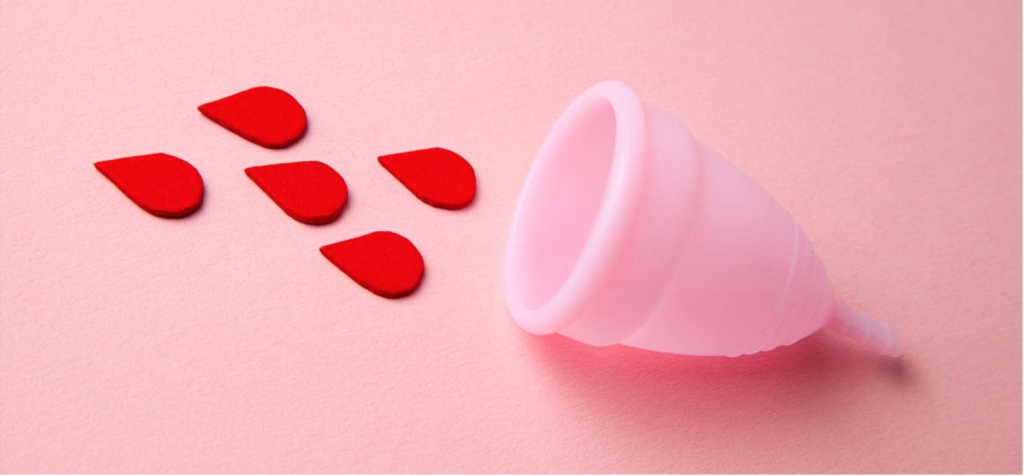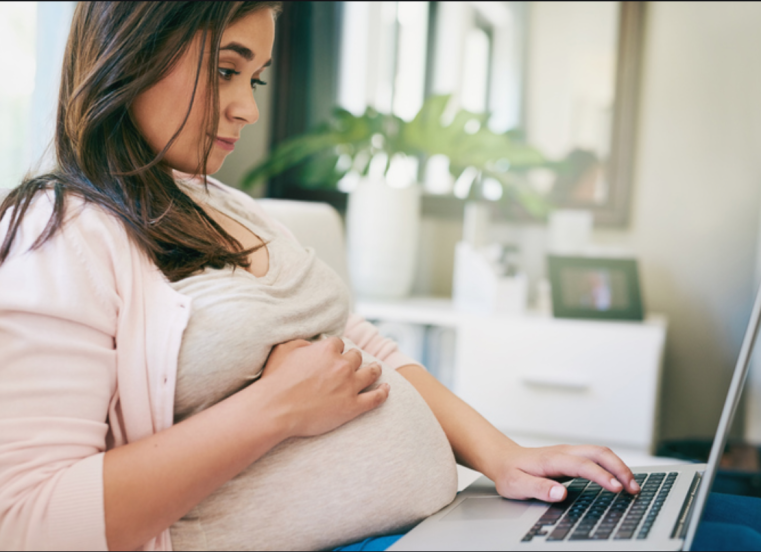Menstrual cups have become extremely popular owing to the fact that they are convenient, don’t need much changing, and are better for the environment than pads and tampons. If you have switched to a menstrual cup, you might be familiar with folds, and how to insert it; but do you really know how to clean it? We asked two gynaes for their expertise.
Let’s start with the basics, wondering how to insert a menstrual cup?
Dr. Rajeshwari Pawar, Consultant, Obstetrics & Gynecology, Motherhood Hospital, Kharadi, Pune shares her expertise:
1. Start by washing your hands
2. Fold and hold- Since it is flexible, the menstrual cup is easy to fold
3. Insert: Then, gently insert the folded cup into your vagina, tilting it back to the base of your spine.
4. Ensure that it is snugly fitting into the vagina and stays there.
5. You can use it up for up to twelve hours
6. Remove and empty into the toilet bowl.
7. And it can be reused.
How to clean it?
Dr. Rajeshwari Pawar, Gynecologist in Kharadi, Pune shares her Do’s and Don’ts for cleaning your menstrual cup.
Do’s:
1. Hand Hygiene
Clean hands and fingernails are prerequisites prior to taking the necessary steps to clean a menstrual cup.
2. Sterilisation
Before and after each period, the cup is sterilized by immersing it in a vessel of boiling water for 10-20mins.
3. How to clean it during your cycle
The cup should be emptied every 6-12hrs depending on the flow, wash with a mild liquid soap that is free of fragrance and oil with a ph of 3.5-5.5; thoroughly rinse with water and dry with a clean cloth before insertion. The air holes are cleaned by filling the cup with water; placing a palm on it; turning it upside down and squeezing it to allow the water to squirt out through the openings. A toothbrush dedicated for this purpose can also be used to clean the air-holes.
4. Cleaning it in a public space
One can’t exactly sterilize a cup in a public loo, so Dr. Rajeshwari has an alternative, “In the absence of water and mild soap, the cup can be emptied and wiped clean with an unscented wipe or cloth prior to insertion.”
DON’Ts
1. Avoid scented soaps and detergents as they could lead to vaginal irritation.
2. Oil-based soaps form a coating on the cup and should not be used to clean the cup.
3. Avoid the cup from touching the bottom of the pan during sterilization to avoid damage to the cup by filling the pan with enough water to make the cup float or placing the cup in a metal whisk.
4. Do not use the cup if it is cracked or emitting a foul odor even after sterilization or if the stipulated number of years of usage has gone by. Change over to a fresh cup and experience a hassle-free period.

